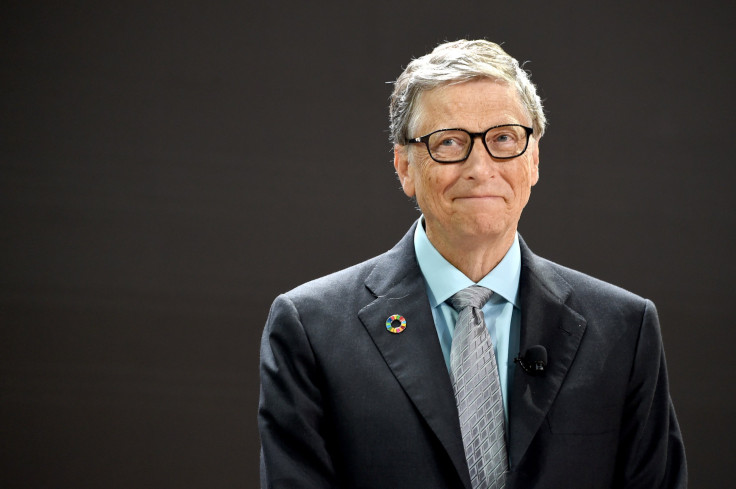Bill Gates Pledges $50M To Fight Alzheimer’s

Bill Gates, the billionaire co-founder of Microsoft, has pledged to help fight Alzheimer’s disease Monday. Gates said that he will invest $50 million to help find a cure for the disease.
Alzheimer’s is a degenerative brain disease that typically sets in after the age of 65. Gates, in a blog post, said that several men in his family suffered from the disease.
“It’s a terrible disease that devastates both those who have it and their loved ones,” Gates wrote in a blog post Monday. “This is something I know a lot about, because men in my family have suffered from Alzheimer’s. I know how awful it is to watch people you love struggle as the disease robs them of their mental capacity, and there is nothing you can do about it. It feels a lot like you’re experiencing a gradual death of the person that you knew. My family history isn’t the sole reason behind my interest in Alzheimer’s. But my personal experience has exposed me to how hopeless it feels when you or a loved one gets the disease.”
Sufferers of disease start to lose cognitive functions and memory. The speed at which it progresses depends on the person. Scientists have not pinned down exactly what causes the disease. Gates in an interview with CNN said that he is personally scared of the disease.
“Anything where my mind would deteriorate, I have to say I would be disappointed thinking about complex problems,” he told CNN. “I hope I can live a long time without those limitations.”
According to the Alzheimer’s Association the disease is the sixth leading cause of death in the U.S. The organization also estimates that around 5.5 million people live with the disease.
“We don't really have anything that stops Alzheimer’s, and so the growing burden is pretty unbelievable,” said Gates.
Gate’s organization, the Bill & Melinda Gates Foundation, has focused part of their philanthropy on public health issues in the past, but Alzheimer’s is a new realm for Gates.
“A person with Alzheimer’s or another form of dementia spends five times more every year out-of-pocket on health care than a senior without a neurodegenerative condition,” wrote Gates. “Unlike those with many chronic diseases, people with Alzheimer’s incur long-term care costs as well as direct medical expenses. If you get the disease in your 60s or 70s, you might require expensive care for decades.”
The Alzheimer’s Association estimates that 15 million American provide unpaid help for people with Alzheimer’s to the tune of $230 billion in 2016.
Gates isn’t sure if a cure is possible, but hopes to at least make progress on treatment.
“Any type of treatment would be a huge advance from where we are today. So, yes, I believe there is a solution,” said Gates.
Published by Medicaldaily.com



























